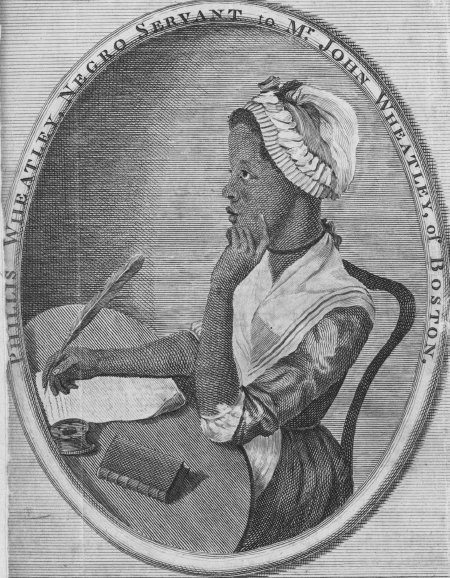America’s History: Printed Page 159
America: A Concise History: Printed Page 140
America’s History: Value Edition: Printed Page 138
Another Kind of Freedom
“We are taxed without our own consent,” Dickinson wrote in one of his Letters. “We are therefore — SLAVES.” As Patriot writers argued that taxation without representation made colonists the slaves of Parliament, many, including Benjamin Franklin in Philadelphia and James Otis in Massachusetts, also began to condemn the institution of chattel slavery itself as a violation of slaves’ natural rights. African Americans made the connection as well. In Massachusetts, slaves submitted at least four petitions to the legislature asking that slavery be abolished. As one petition noted, slaves “have in common with other men, a natural right to be free, and without molestation, to enjoy such property, as they may acquire by their industry.”
In the southern colonies, where slaves constituted half or more of the population and the economy depended on their servitude, the quest for freedom alarmed slaveholders. In November 1773, a group of Virginia slaves hoped to win their freedom by supporting British troops that, they heard, would soon arrive in the colony. Their plan was uncovered, and, as James Madison wrote, “proper precautions” were taken “to prevent the Infection” from spreading. He fully understood how important it was to defend the colonists’ liberties without allowing the idea of natural rights to undermine the institution of slavery. “It is prudent,” he wrote, “such things should be concealed as well as suppressed.” Throughout the Revolution, the quest for African American rights and liberties would play out alongside that of the colonies, but unlike national independence, the liberation of African Americans would not be fulfilled for many generations.

COMPARE AND CONTRAST
Question
Why were southerners more threatened by challenges to the institution of slavery than northerners?